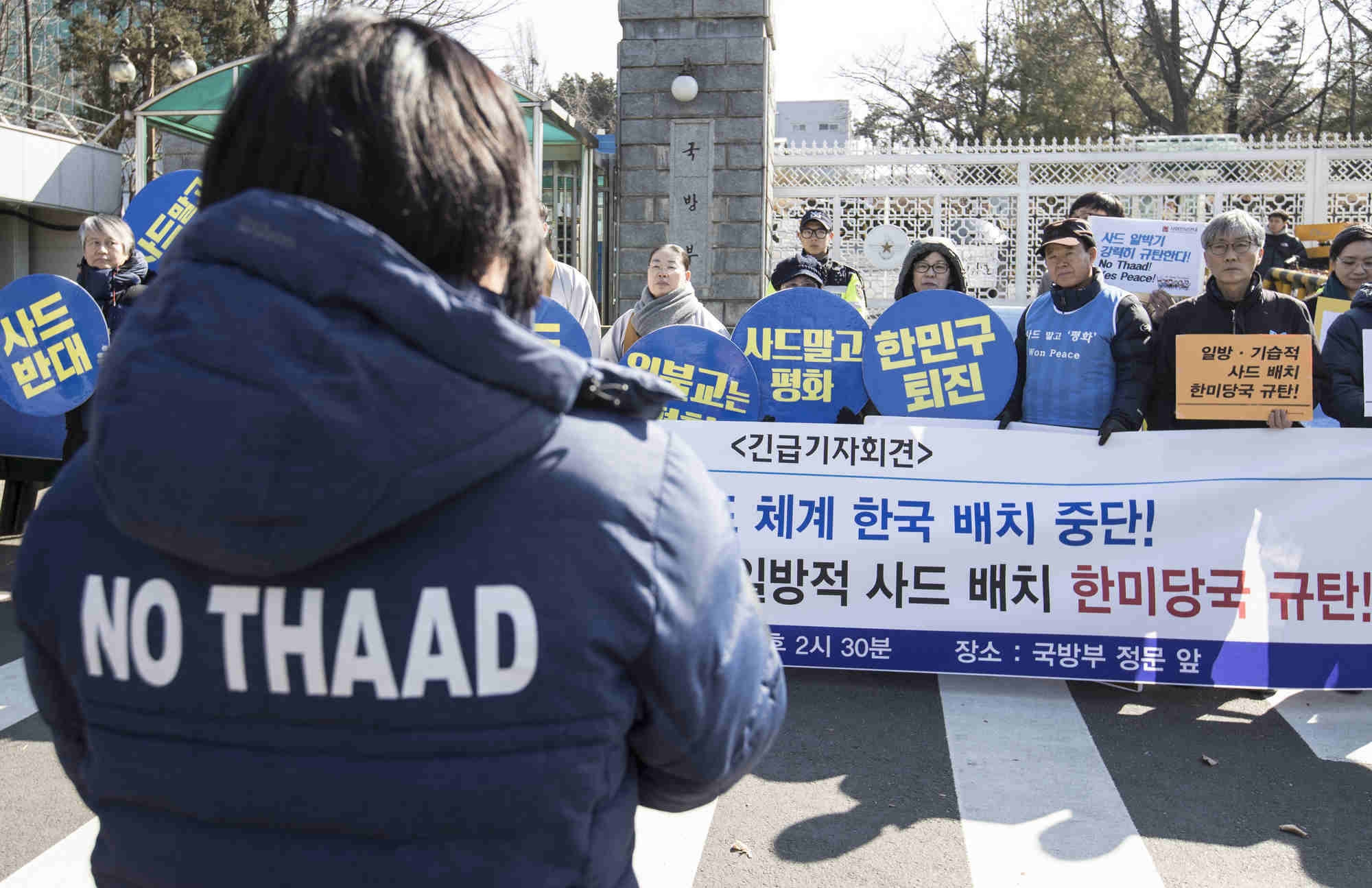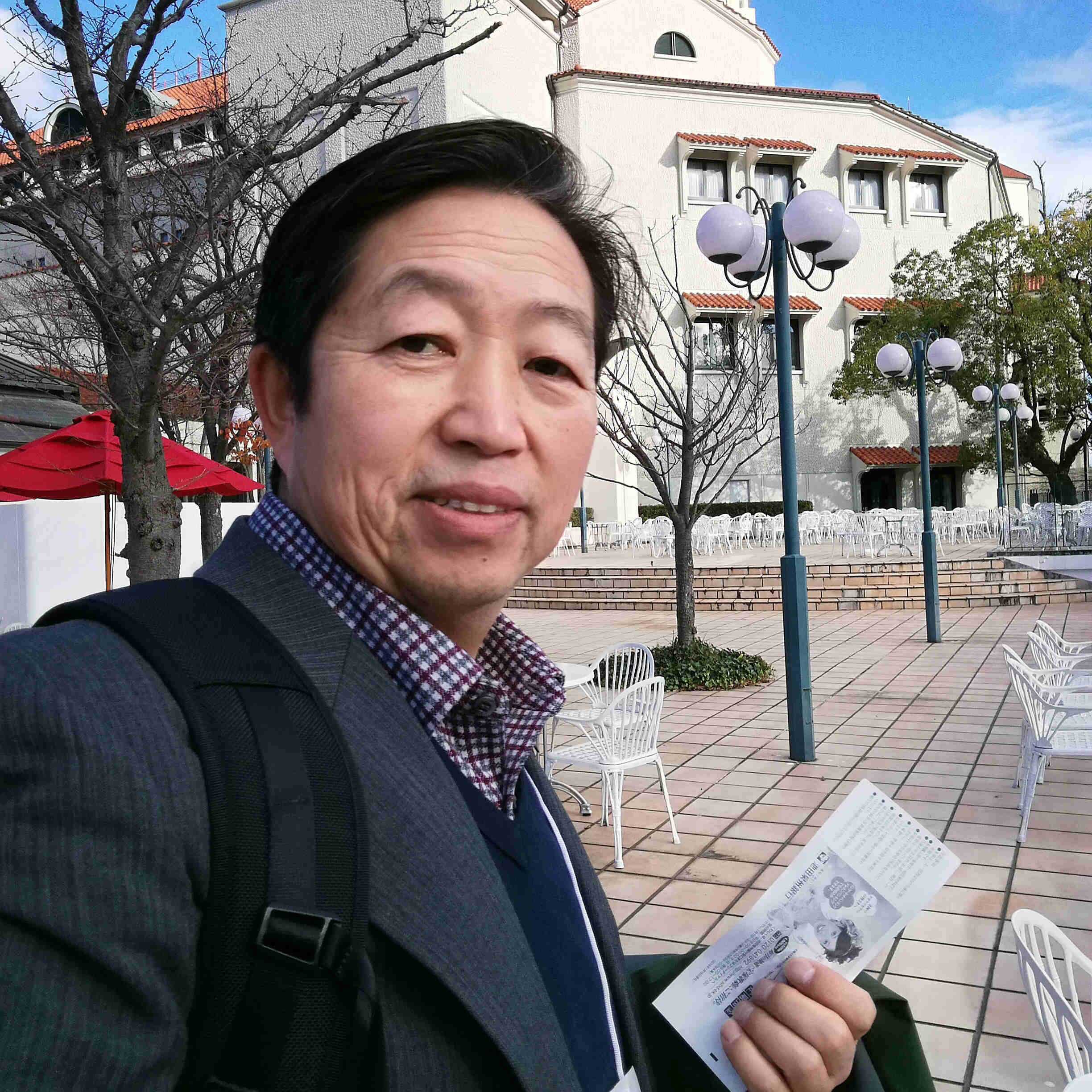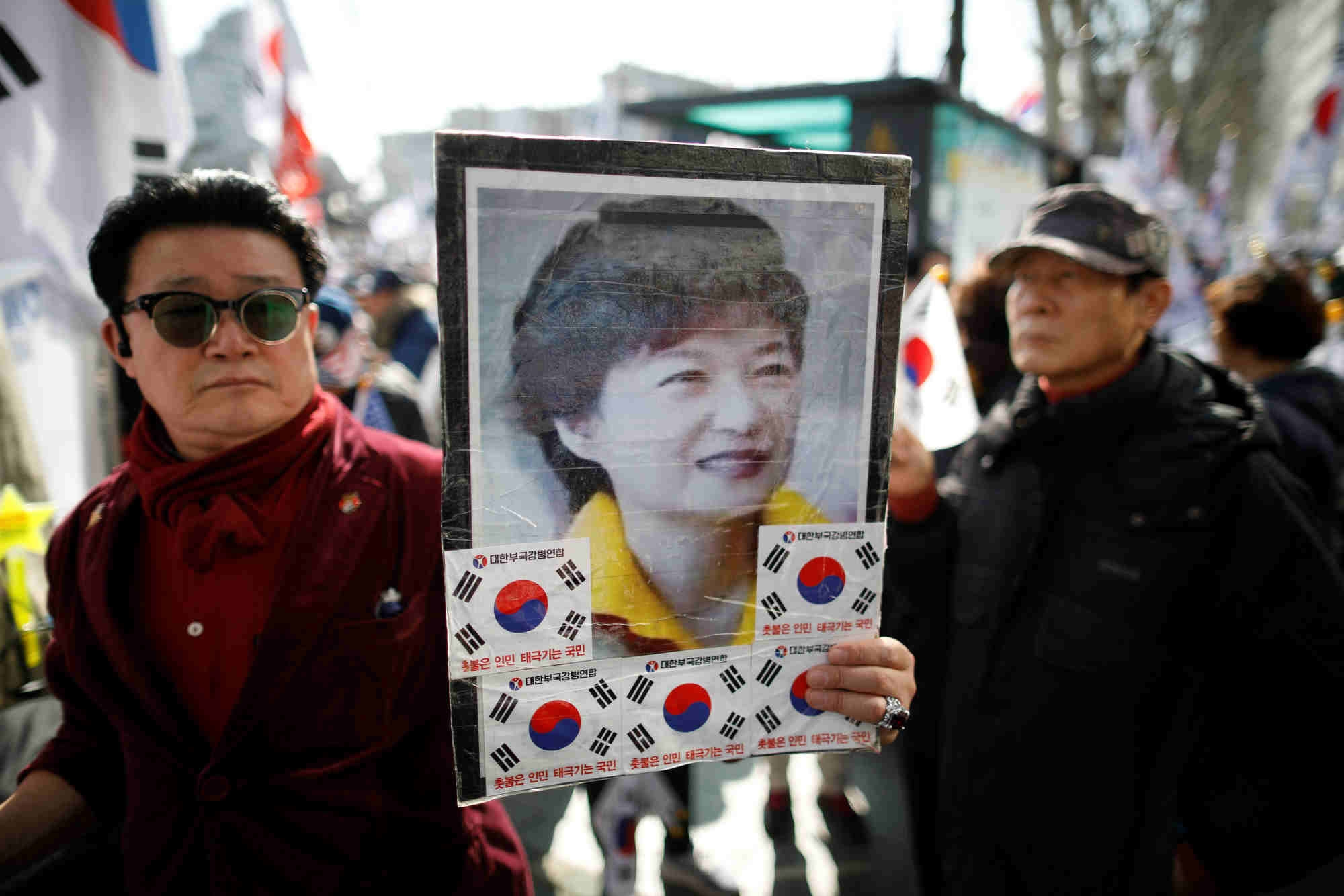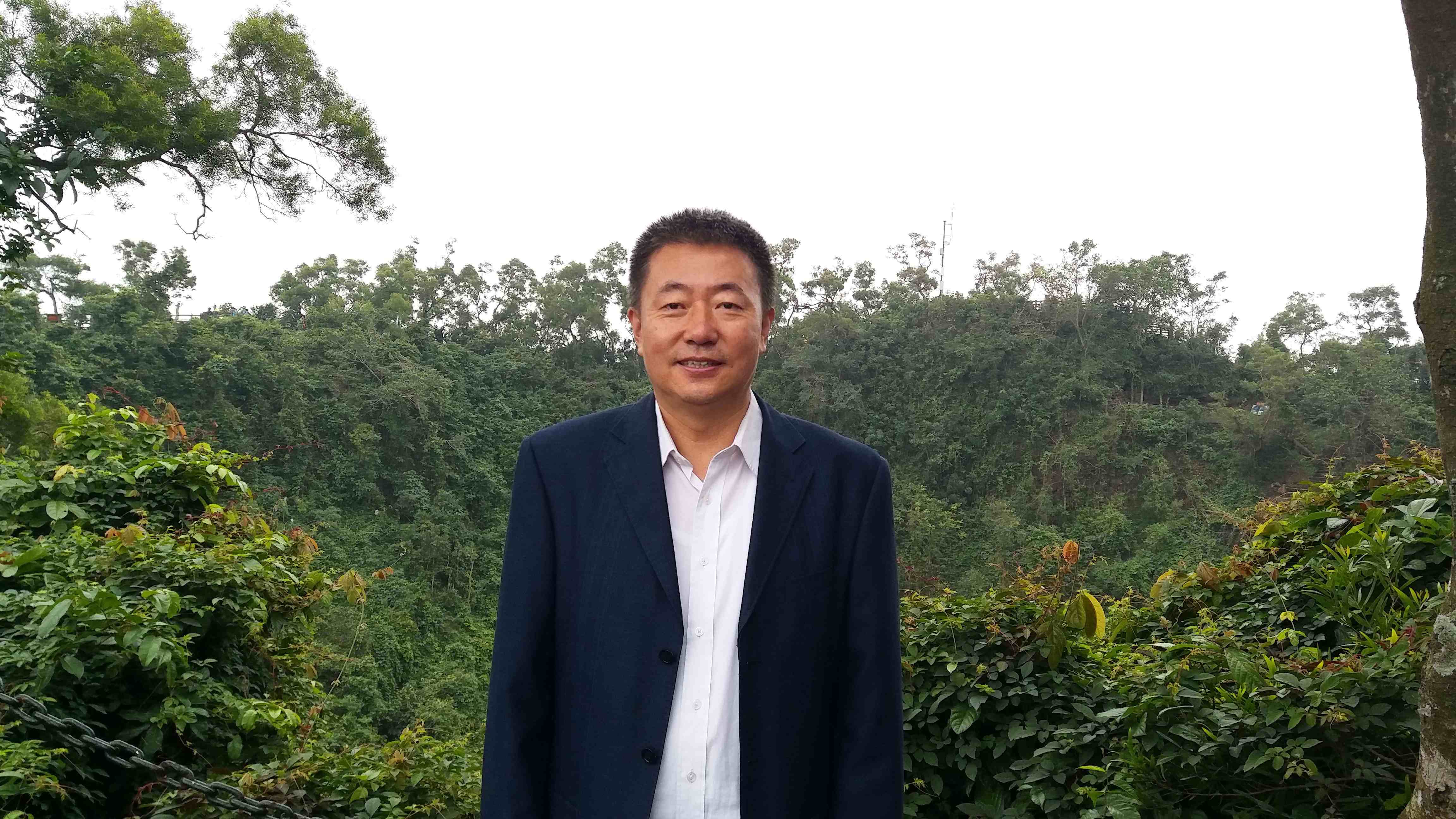South Korean President Park Geun-hye was permanently removed from office on Friday as the country's constitutional court upheld the impeachment motion against her.
The ruling brings an end to the months-long legal battle which saw Park slowly fall from grace. Chaos continues in the country as Park’s supporters rallied outside of the Constitutional Court after her impeachment, with at least two people killed in clashed with police.
Political uncertainties also abound in the international arena. Will her removal lead to any significant changes in the country’s relations with its neighbors, including the DPRK, China, and Japan? Will the US-South Korea alliance be affected?
THAAD a big obstacle for China-South Korea ties

South Korean residents protest against the deployment of the THAAD system in Seoul, South Korea, on March 10, 2017. /CFP Photo
China and South Korea were generally on good terms during Park’s time in office. But relations took a dramatic turn for the worse last July, when South Korea confirmed plans to deploy the US THAAD anti-missile system, even after Park's decision was met with strong opposition from the Chinese government.
For THAAD to work, South Korea will employ a radar detecting system which is able to probe areas within a radius of 3,000 kilometers. This range goes beyond the DPRK and reaches far into Chinese territory.
Experts say that even with Park gone, the decision to deploy the system is unlikely to be overthrown.
“The deployment of the THAAD is a US-dominated decision. No matter who becomes the next president for South Korea, the system will be there,” said Shen Haitao, a professor from Northeast Asian Studies College, Jilin University.

Shen Haitao, professor from Northeast Asian Studies College, Jilin University. /CGTN Photo
But South Korea won’t make enemies with China as it knows that a good relationship with the world’s second-largest economy is beneficial, Shen told CGTN.
"The two countries share a strong foundation in trade and economic cooperation. But the THAAD problem might create a backlash against Korean projects in China. Investment from Korean companies, like Samsung and Lotte, might also be affected,” said Su Hao, a professor at China Foreign Affairs University.
US-South Korea alliance immune
US State Department spokesman Mark Toner said on Friday that the two nations’ alliance “will continue to be a linchpin of regional stability and security,” and that the US regards Park’s removal as “a domestic issue on which the United States takes no position.”
Shen said that the US-South Korea alliance won’t experience any “substantial changes,” citing a strong political and historical basis.
Japan has also been quick to respond following Park’s removal. According to Kyodo News, top diplomat Fumio Kishida said Friday that Japan will work together with whoever will be chosen as the next head of state in South Korea.

Supporters of South Korean President Park Geun-hye attend a protest before the ruling on her impeachment near the Constitutional Court in Seoul, South Korea, on March 10, 2017. /CFP Photo
However, Shen believes ties between South Korea and Japan may suffer from some bumps.
Diplomatic frictions between the two neighbors have been deepening over a recently erected statue of a "comfort woman." The statue symbolizing the hardships of Korean women whom Japan forced into sexual slavery during World War II was set up in front of the Japanese consulate in Busan.
“Historical issues always stand as a big obstacle for South Korea-Japan relations. How the relations go depends a lot on how the new leader views these problems,” according to Shen.
Tension on the Korean Peninsula unlikely to ease
Relations between the DPRK and South Korea were far from smooth under Park’s administration. Analysts say that won’t change.
“The DPRK won’t give up its nuclear weapons or the development of missiles. That has determined that there won’t be any substantial changes in the relationship,” said Zhou Yongsheng, an associate professor with China Foreign Affairs University’s Institute of International Relations.

Zhou Yongsheng, an associate professor with China Foreign Affairs University’s Institute of International Relations. /CGTN Photo
On Monday, the DPRK launched four missiles that fell into waters off its eastern coast, triggering strong opposition from neighboring countries including China, which said that the act was in violation of UN Security Council resolutions.
“I don’t think it’s going to make that much difference whichever president moves into the Blue House in Seoul, because the threats that the DPRK has presented in recent months and years are extremely serious,” said Daniel A. Pinkston, a lecturer in international relations at Troy University in the US state of Alabama.









